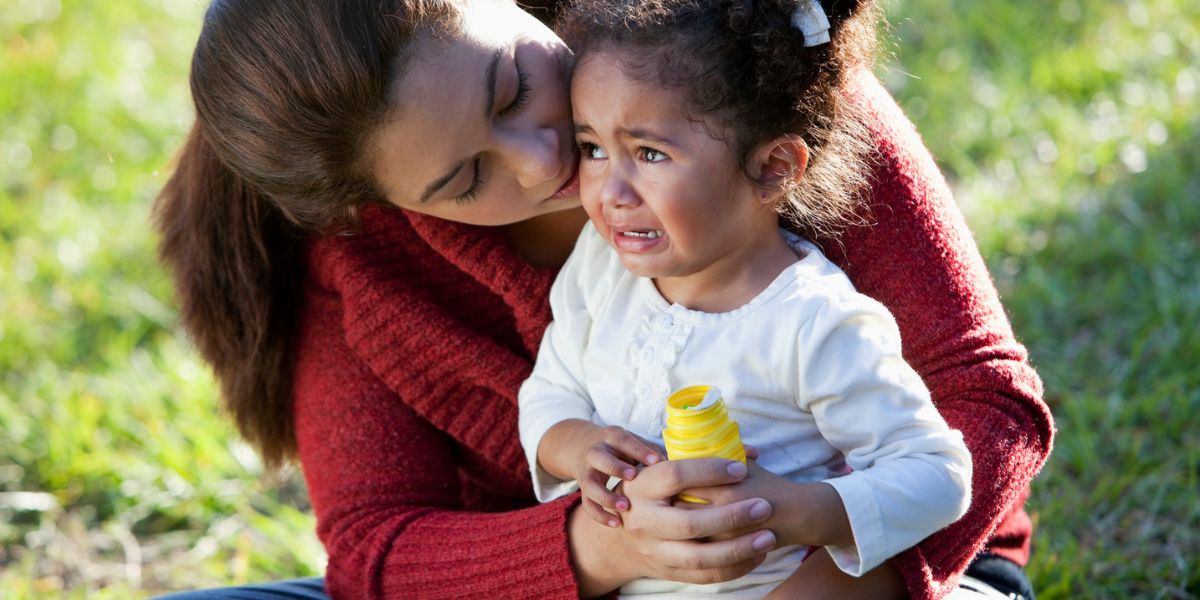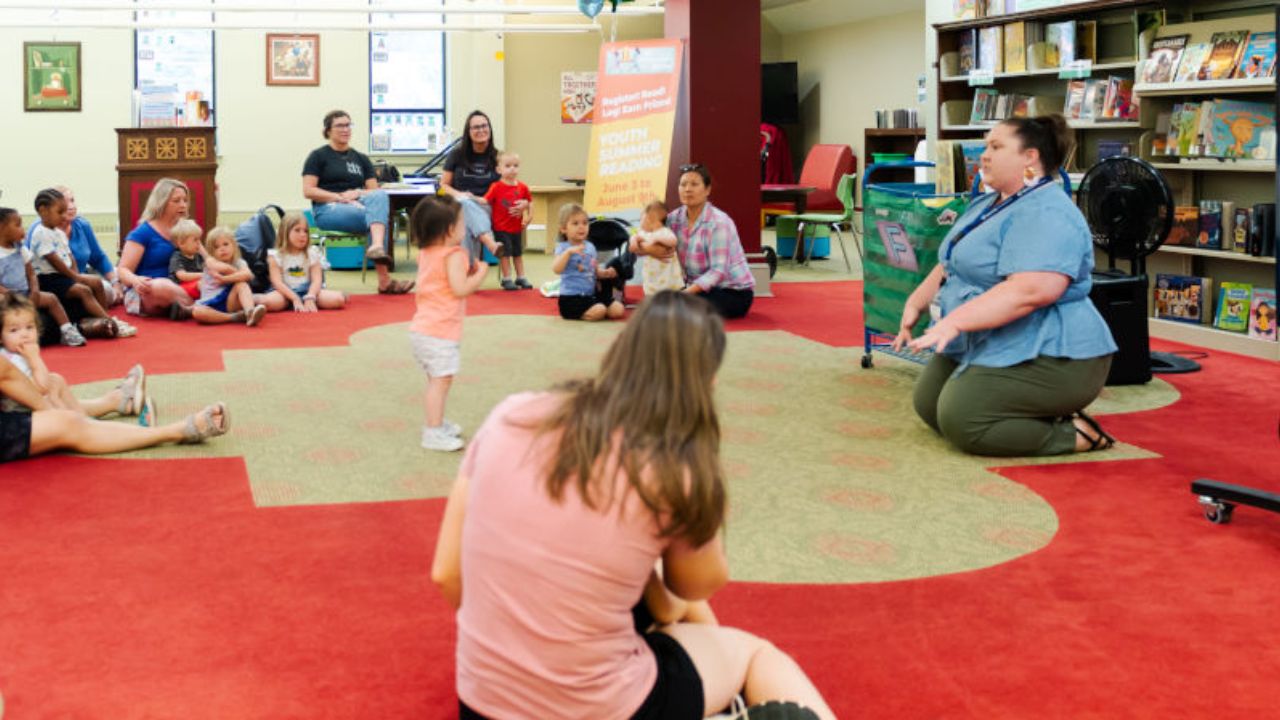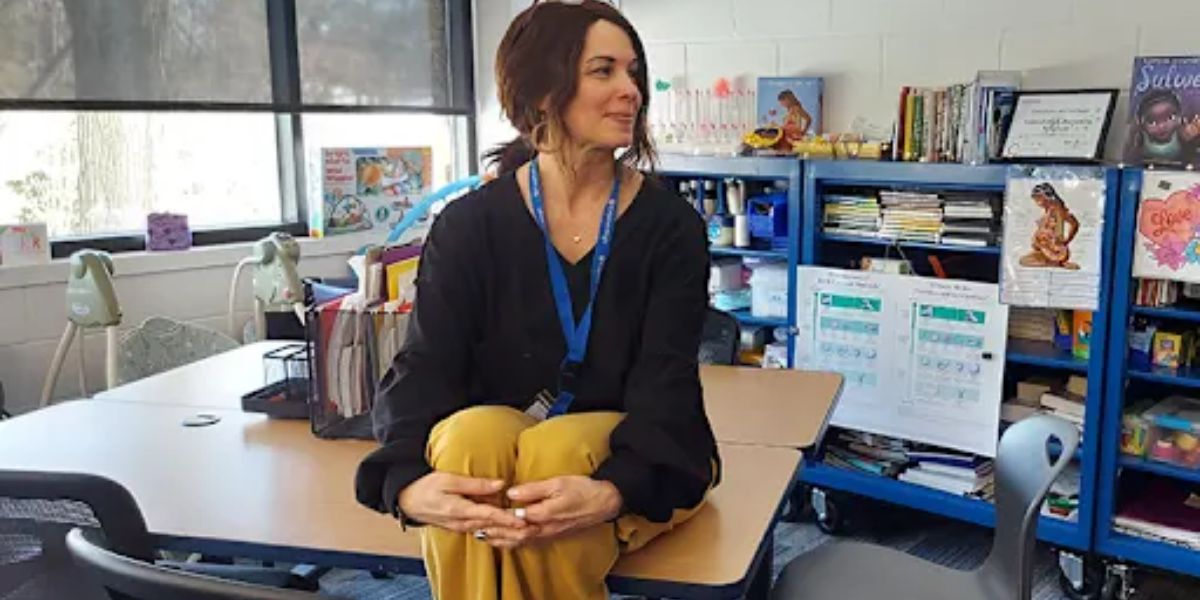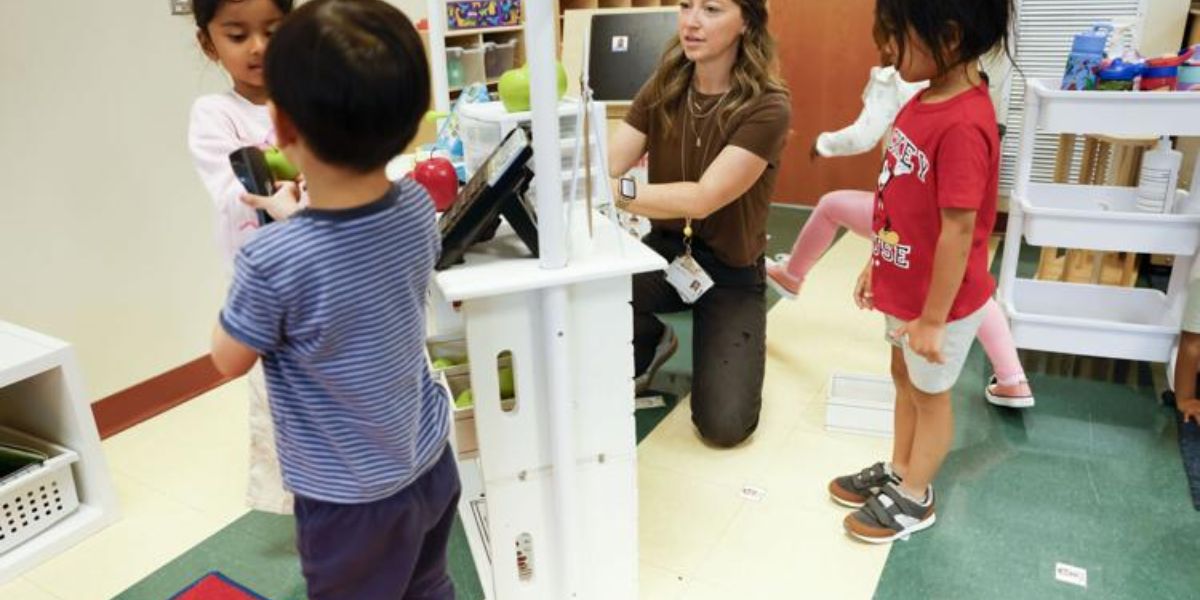Building emotional resilience in children is one of the most effective ways to support long-term well-being and success. In Madison County, local family programs have become an essential part of helping children manage stress, develop healthy coping skills, and build strong relationships at home and school. These initiatives not only guide parents and caregivers but also strengthen the foundation for emotionally healthy communities.
Understanding Emotional Resilience in Children
Emotional resilience is a child’s ability to adapt to challenges, recover from setbacks, and manage difficult emotions effectively. It’s not about avoiding stress or hardship but learning how to handle them constructively. For children in Madison County, emotional resilience is nurtured through consistent family support, school collaboration, and access to mental health resources.
Table of Contents
Research from child development specialists shows that resilient children are more likely to succeed academically, maintain better physical health, and form positive social connections. Family-based interventions are often the first step in building these capabilities.
The Role of Family Programs in Madison County
Family programs across Madison County—many of which are coordinated through community health centers and local nonprofits—focus on empowering families to foster emotional growth at home. These programs are designed to help parents recognize the signs of emotional stress, communicate effectively, and create nurturing home environments.
Some key components include:
- Parent education workshops on emotional regulation, child development, and stress management.
- School partnerships that identify children showing signs of anxiety, depression, or trauma and connect them with counselors.
- Family counseling sessions aimed at improving communication and strengthening trust among family members.
By integrating behavioral health with family programming, Madison County has built a comprehensive network that supports both children and their caregivers.
Community-Based Approaches That Make a Difference
One of the most effective approaches in Madison County is the community-based family model. Programs like family engagement initiatives in local schools encourage parents to take an active role in their child’s emotional learning. Schools collaborate with behavioral health professionals to provide group sessions and classroom workshops focused on emotional literacy, empathy, and problem-solving.
Additionally, county-supported parent mentorship programs allow families to share experiences and coping strategies. These peer-led efforts create a sense of belonging and reduce the isolation often felt by parents managing behavioral or emotional challenges in their children.
Trauma-Informed Care and Its Impact
Many Madison County programs, such as those developed in coordination with local social services, follow a trauma-informed care framework. This means they recognize how past trauma—like family instability, violence, or loss—can shape a child’s emotional development.
Through this approach, professionals teach families to:
- Identify emotional triggers and stress responses.
- Replace punitive discipline with empathetic communication.
- Establish predictable routines that give children a sense of safety.
These techniques help children rebuild confidence, regulate emotions, and trust adults again after experiencing adversity.
Collaboration Between Health Providers and Families
A major success factor behind Madison County’s family programs is the partnership between primary care providers, behavioral health specialists, and family counselors. This integrated model ensures that families don’t have to navigate the system alone.
For example, a pediatrician who notices signs of stress or anxiety in a child can directly refer the family to a behavioral health counselor or a parenting support program. This seamless coordination ensures early intervention, reducing the likelihood of long-term emotional or behavioral issues.
Success Stories from Madison County
Several Madison County families have shared how local programs transformed their children’s emotional well-being. One parent described how family therapy sessions improved their child’s ability to express emotions calmly, while another credited school-based counseling for preventing behavioral escalation.
Community surveys indicate that families who participate in these programs report:
- Improved communication at home.
- Higher emotional awareness among children.
- Reduced behavioral incidents at school.
These positive outcomes reinforce the value of family-focused support in promoting resilience.
Why Emotional Resilience Matters for Madison County’s Future
Building emotional resilience in children isn’t just a family goal—it’s a community investment. When children learn to manage their emotions and recover from challenges, they grow into adults who contribute positively to society. In Madison County, these efforts support broader goals like improved school performance, lower dropout rates, and healthier family relationships.
By continuing to invest in local family programs, Madison County strengthens not only its young residents but also its entire social fabric.
Final Takeaway
Family programs in Madison County are helping children build emotional resilience through consistent support, trauma-informed care, and family-centered collaboration. These programs give parents the tools to guide their children through life’s ups and downs—creating a generation that’s more empathetic, self-aware, and adaptable.
What do you think about family programs shaping emotional resilience in children? Share your thoughts and experiences in the comments below on mcchc.org.












